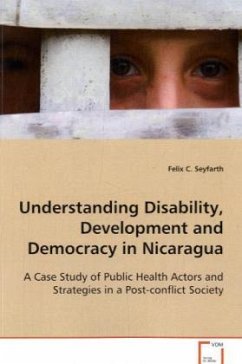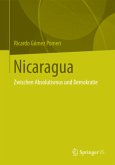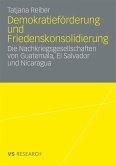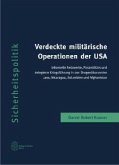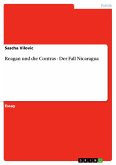Disability NGO in the nascent democracies of LatinAmerica face the dual challenges of poverty andexclusion. Consolidation policies have tasked themwith a multitude of overlapping and sometimescontradictory responsibilities, as relations must berenegotiated with a reconfigured state, a liberalizedmarket and a disjointed donor community. NGO actwithin the double-bind of domestic politics andfunding structures of the international system.This book traces the role Nicaraguan disability NGOplay in the process of democratic consolidation in apost-conflictual society. It isolates contextualvariables that determine the uneven developmentgeographies of disability inherent in the trade-offsbetween different disability agendas. The authorargues for a contextualized approach to disability indevelopment politics that takes into account thecross-sectional nature of the disability concept.Drawing on the major strands of disability theory anda detailed case study from the field, differentapproaches to disability advocacy are evaluated fortheir relevance and usefulness within developingcountries.
